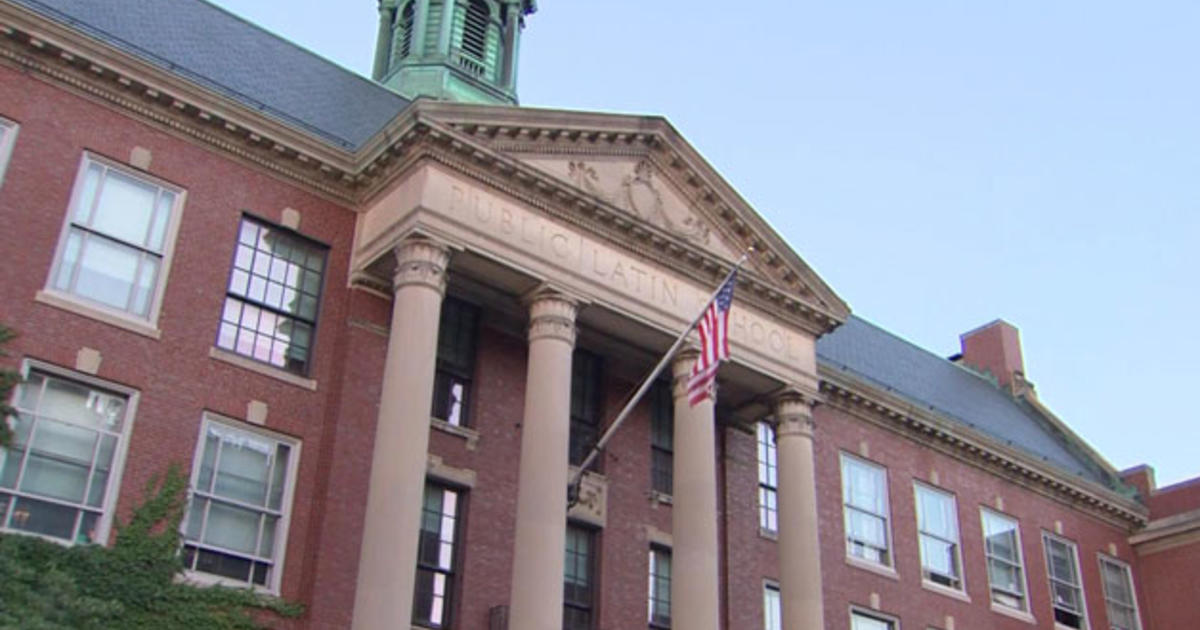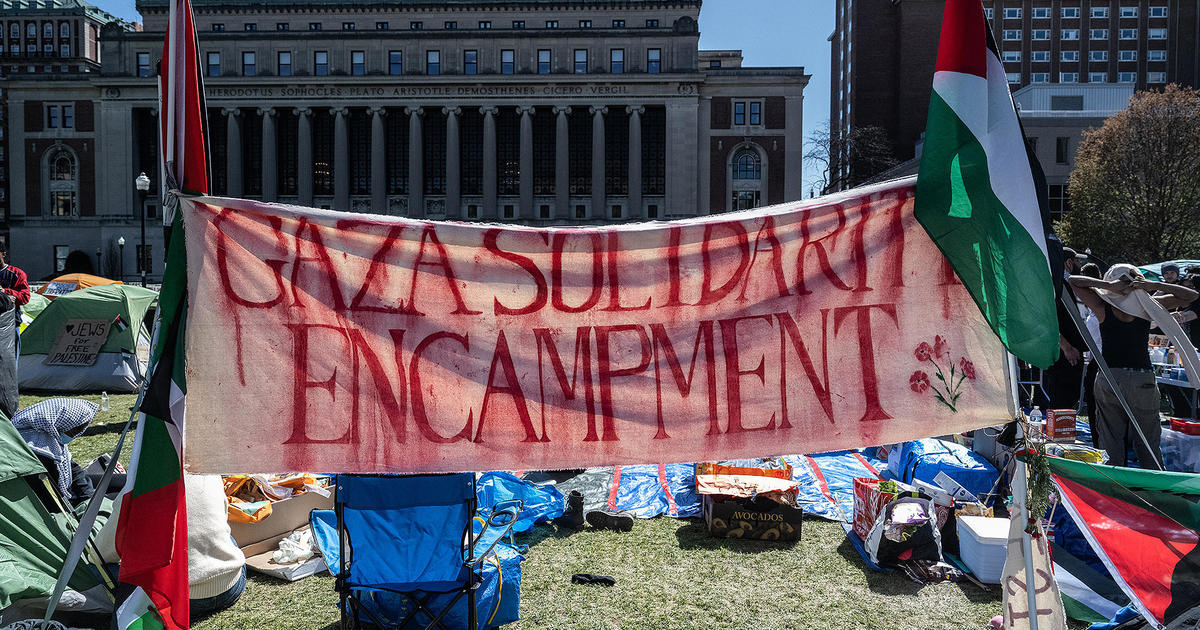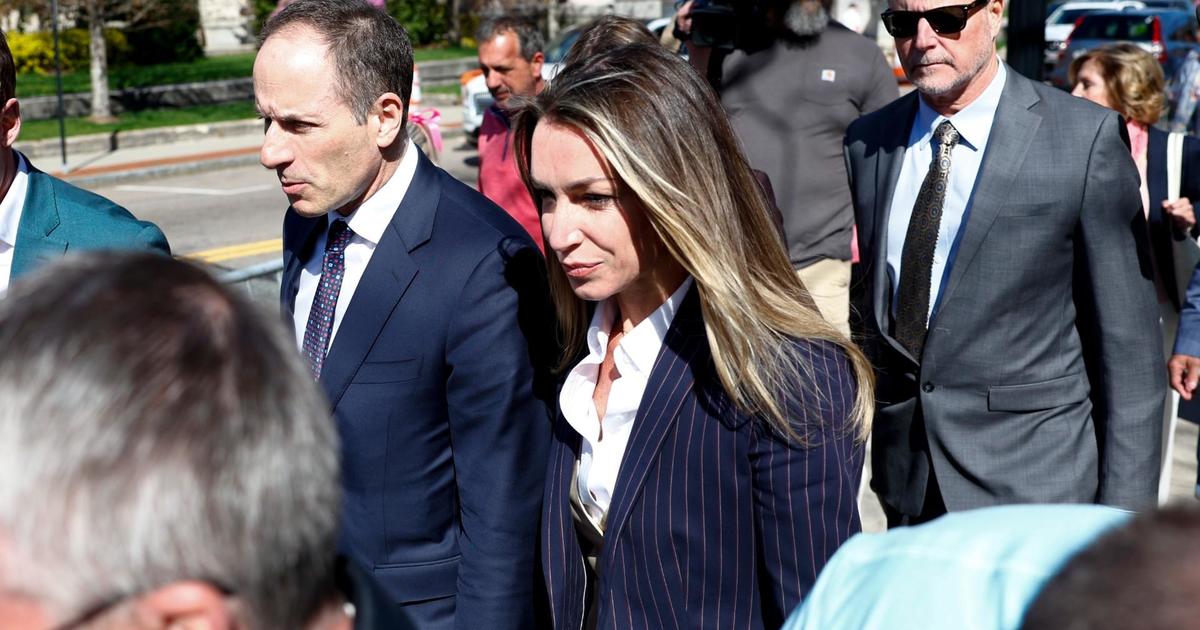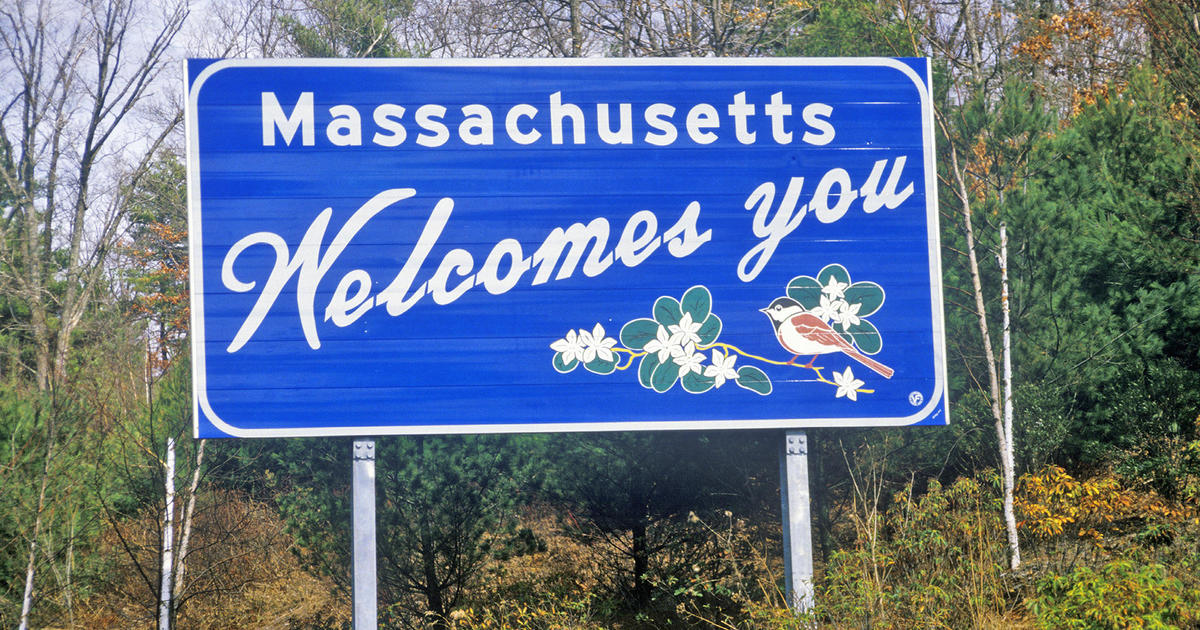Keller @ Large: Debate Over Millionaire Tax Heats Up In Massachusetts As Beacon Hill Gets Ready To Vote
BOSTON (CBS) - Public transit that works; roads and bridges that don't need constant repair; good schools and teachers. All key to a thriving Massachusetts. But:
"We haven't been able to make those investments because the richest among us aren't paying their fair share," says Andrew Farnitano of Raise Up Massachusetts, a coalition of labor unions and activist groups pushing a ballot question that would slap a four percent surtax on personal incomes of a million dollars or more.
The legislature meeting in Constitutional Convention is expected to send that question onto the November 2022 ballot with a vote on Wednesday. But critics of the measure are poised for pushback. "It could be an impediment to investment, to innovation," says Eileen McAnneny, president of the business-funded Massachusetts Taxpayers Foundation.
To Farnitano, it's a matter of fairness. "This amendment isn't about punishing wealthy individuals or demonizing them," he says. "It's about an expectation they contribute their fair share."
But McAnneny worries it could send the wealthy and their wallets fleeing to greener pastures. "There is competition among states for companies and talent," she says. "Massachusetts doesn't want to position itself in a way that our tax code is an impediment to economic growth."
There's a long way to go until the voters here decide, but on the eve of the vote, a report by ProPublica.com has injected a sobering cache of facts into the debate.
The website got hold of tax records for the 25 richest Americans and found that by the end of 2018 they were worth $1.1 trillion but paid only $1.9 billion in federal income taxes. But for the 14.3 million ordinary wage earners it would take to match that wealth, a different story: Their income tax bill was more than $141 billion higher.
McAnneny says she's open to the idea of tax-code reform to ease such disparities but says it makes more sense to do it at the federal level. But for Farnitano, it cements the case that the wealthy have gotten away with too much for too long.
"It's not surprising that the very richest people in our nation are not paying their fair share in taxes, but it's shocking to see the numbers," he says.



